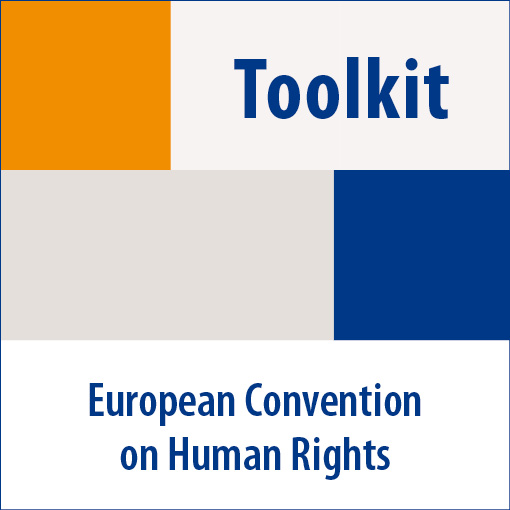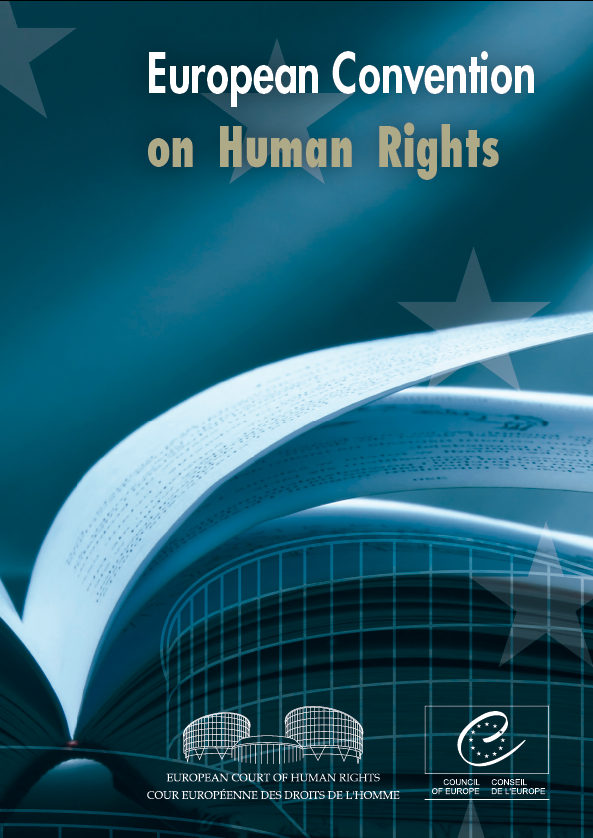The member States' basic obligation is to "secure to everyone within their jurisdiction the rights and freedoms defined in Section I of this Convention" (which includes, for those States Party to the various Protocols, the obligation to secure the rights and freedoms defined in those Protocols).
"Everyone" is very broad:
- non-nationals of the State concerned are covered as well as nationals; the rights are not only for citizens;
- legal persons (e.g. companies, NGOs and incorporated associations) are covered as well as natural ones (e.g. individuals and groups of people).
"Within their jurisdiction" usually means the same as "within the State's territory", but the Court through its case law has extended that to cover exceptional cases where a State's agents (for example, diplomats or members of the armed forces) present on foreign territory exercise control and authority over others, or where, through military action, a State exercises effective control over an area outside national territory.
Meaning of some technical terms
The following terms have a particular meaning in the context of the Convention:
- unqualified rights are rights which cannot be balanced against the needs of other individuals or against any general public interest. They may be subject to specific exceptions, e.g. the right not to be deprived of liberty, Article 5; or to none at all, when they are called absolute rights, e.g. freedom from torture, Article 3;
- qualified rights are rights which may be interfered with in order to protect the rights of another or the wider public interest, e.g. the right to private and family life, Article 8;
- negative obligations place a duty on State authorities to refrain from acting in a way that unjustifiably interferes with Convention rights. Most of the Convention rights are framed in this way;
- positive obligations place a duty on State authorities to take active steps in order to safeguard Convention rights. In most cases these are not stated explicitly in the text but have been implied into it by the European Court of Human Rights.




